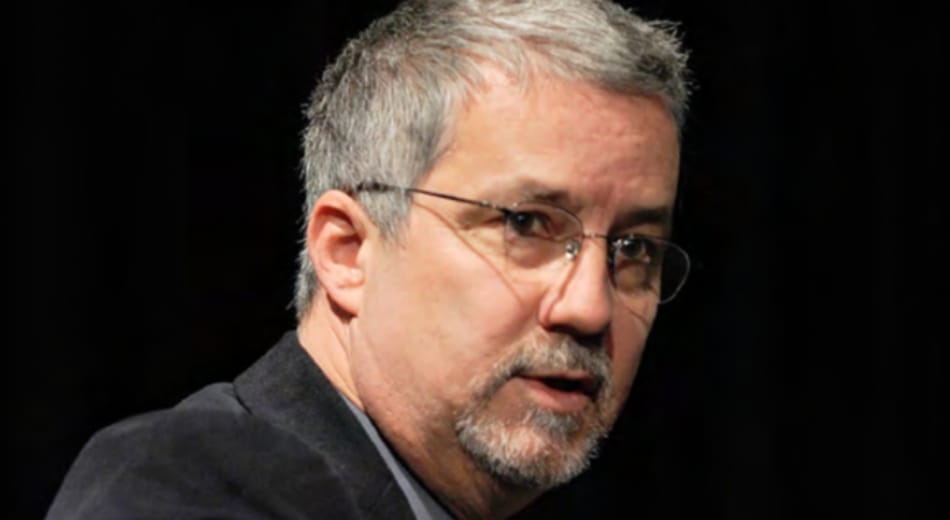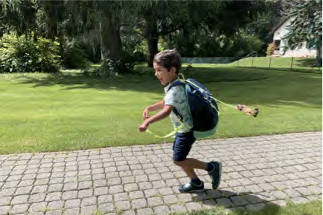- 07.12.2020,
- News & Insights, Interviews
Interview mit Prof. Francis Munier, Hospital Ophthalmic Jules-Gonin, Lausanne

KAKS: What is for you the most rewarding moment, why is it special to treat RB children?

KAKS: Any child you remember especially?
KAKS: What are the most important questions to ask at the time of diagnosis?
Prof. Munier: The diagnosis of eye cancer in a child usually comes like a thunderbolt out of the blue for the parents, eliciting thousands of questions. The most relevant ones now relate to 1) how will this diagnosis affect his/her life prognosis, 2) what can be said about the eye retention probability, and finally 3) can we predict the visual outcome. Put in this order, parents’ questions parallel doctors’ priorities taken into account when deciding the therapeutic strategy and provide a sort of check-list to make sure that parental and medical objectives are converging. This consensual ap- proach is a necessary condition for facing the long struggle from diagnosis to therapeutic success requiring iterative examinations and treatments under general anesthesia until 4 years of age. Another concern may be related to the impact on the quality of life, both short-term during the active phase of the treatments and long-term after completion of the therapy. Here again, parents and doctors should agree that preservation of a good quality of life is an important criterion when decisions are made aiming at minimizing sequellae and complications during their child’s care.
KAKS: What can you say about long term retinoblastoma survivors?
KAKS: What would you like to say to these parents to comfort their worries in the first place?